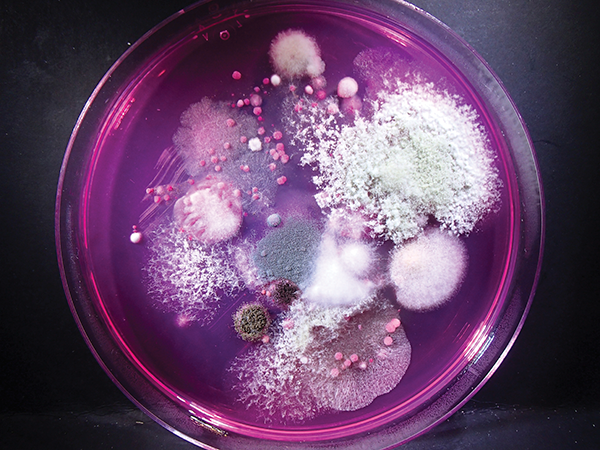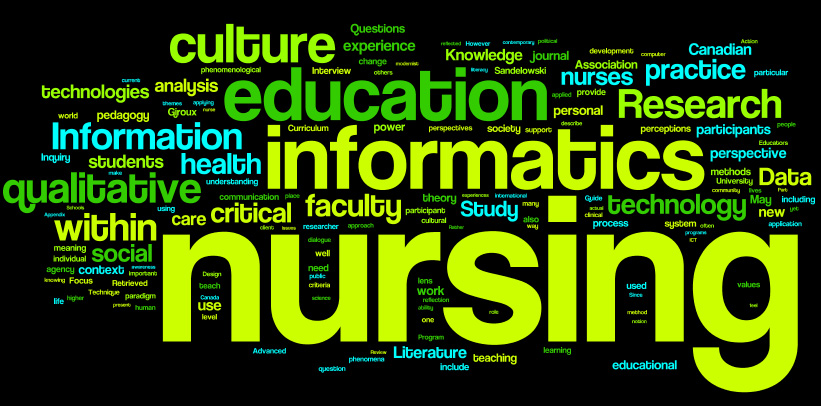
Over the course of the semester, you should gain an understanding and appreciation for:
- The history and importance of Microbiology, the chemistry and biochemistry of microorganisms and the structure and function of prokaryotic and eukaryotic cells.
- The process of aerobic respiration, anaerobic respiration, and fermentation as well as the growth requirements of microorganisms.
- Methods for controlling the growth and spread of microorganisms and the genetic mechanisms of replication, transcription, and translation in cells.
- The “basics” of the disciplines of epidemiology and immunology as related to pathogenic organisms.
- The diversity of bacterial, viral, and eukaryotic pathogens and the diseases they can cause.
- Teacher: Connie Brooks
- Teacher: David Brooks
- Teacher: Jenny Sawyer
- Teacher: Chelsye Scantlin

- Teacher: Connie Brooks
- Teacher: Jenny Sawyer
- Teacher: Chelsye Scantlin
- Teacher: Holli Turner

- Teacher: Connie Brooks
- Teacher: Jenny Sawyer
- Teacher: Chelsye Scantlin
- Teacher: Holli Turner

This course will identify the role of the nurse in the assessment, diagnosis, planning, delivery, and evaluation of care to the childbearing family from preconception thru the postpartum and neonatal period. The differing family components and structures will be investigated. Physiological and psychological aspects of pregnancy including stages of fetal development, labor, delivery, and postpartum care will be reviewed. The nursing process will be utilized to critically evaluate realistic outcomes based on client priorities. Composite nursing theory is used as the students continue to build skill in utilizing the nursing process.
- Teacher: Connie Brooks
- Teacher: Jenny Sawyer
- Teacher: Chelsye Scantlin
- Teacher: Samantha West

- Teacher: Hannah Ball
- Teacher: Connie Brooks
- Teacher: Tammi Coonts
- Teacher: Alexis Fuwell
- Teacher: Kathi Hale
- Teacher: Jenny Sawyer
- Teacher: Chelsye Scantlin
- Teacher: Holli Turner
- Teacher: Samantha West